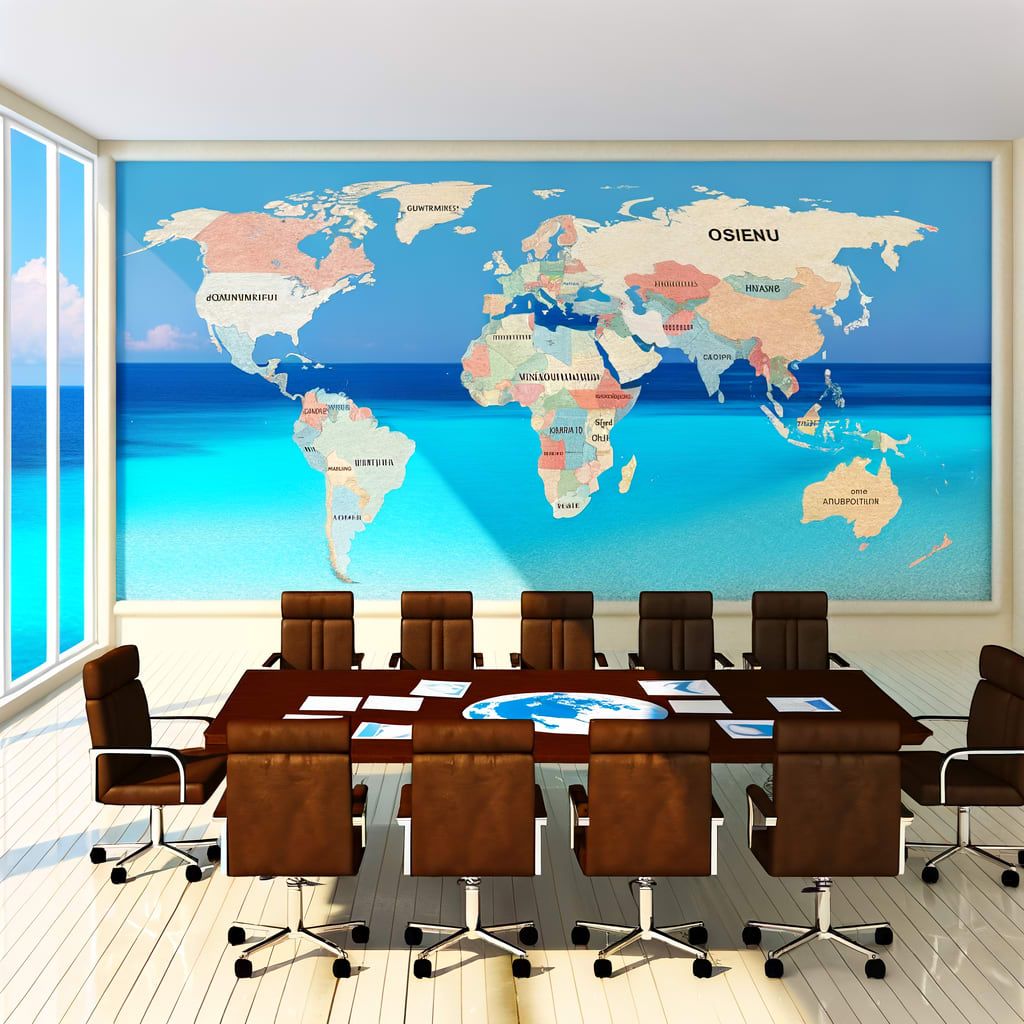Rising Tensions: US and Venezuela on Edge as CIA Greenlights Covert Operations
In a series of rapidly unfolding events, tension between the United States and Venezuela is escalating. This follows the confirmation by President Donald Trump that he has authorized the CIA to conduct covert operations in Venezuela, a move that has sparked fears of a potential US coup. In response, Venezuelan President Nicolás Maduro has ordered military exercises in the country's largest slums and has requested the United Nations Security Council to declare the US attacks on Venezuelan vessels as illegal.
Background
The US has steadily assembled a formidable military force in the Caribbean, with warships and aircraft deployed since August for anti-narcotics operations. Notably, B-52 aircraft have flown over the Caribbean near the Venezuelan coast. The American government has accused Maduro of leading a vast network of cocaine trafficking, with US forces sinking vessels allegedly involved in these operations.
Key Developments
In reaction to the US military presence and surveillance operations, Maduro has condemned the 'coup d'etat' allegedly orchestrated by the CIA and ordered military exercises in the country's largest favelas. Additionally, Maduro's regime has activated a 'defense plan' to protect 'mountains, coasts, schools, hospitals, factories, markets, and communities', further escalating the tension.
Simultaneously, the Trump administration is considering launching ground attacks against drug trafficking in Venezuela. Certainly we are thinking about land now, because we already have the sea well under control,
Trump said. The prospect of ground attacks and CIA involvement has intensified concerns regarding the US's intentions in Venezuela.
Implications and Reactions
The US's actions have sparked fears both within and outside of Venezuela. The Venezuelan ambassador to the UN accused the US of seeking a coup in the Latin American country, while Maduro has accused the US of wanting to overthrow him. In response to these accusations, Maduro has strengthened Venezuela's military presence at the Colombian border and in other strategic locations.
On the international stage, Venezuela has asked the United Nations Security Council to declare US attacks on vessels near its coast as illegal, calling for a defense of Caracas' sovereignty. This request follows what Venezuela's UN ambassador referred to as extrajudicial executions
.
Current Status
The situation remains tense, with both nations standing their ground. In the US, the Department of War has announced a new counter-narcotics Joint Task Force in the Caribbean Sea under Trump's directive to crush the cartels, stop the poison, and keep America safe.
Meanwhile, Maduro's regime remains defiant, with the vice president of Venezuela, Delcy Rodríguez, even proposing to lead a transitional government without Maduro.
While public statements from the White House indicate that the strikes in the Caribbean aim at cartel infrastructure, some analysts suspect they are calibrated to weaken Nicolás Maduro’s grip on power, further complicating the geopolitical situation. As the world watches closely, the potential for all-out war between the US and Venezuela remains a sobering prospect.

